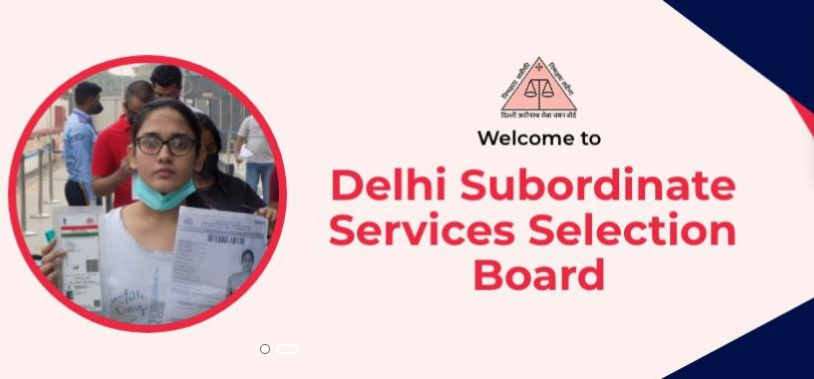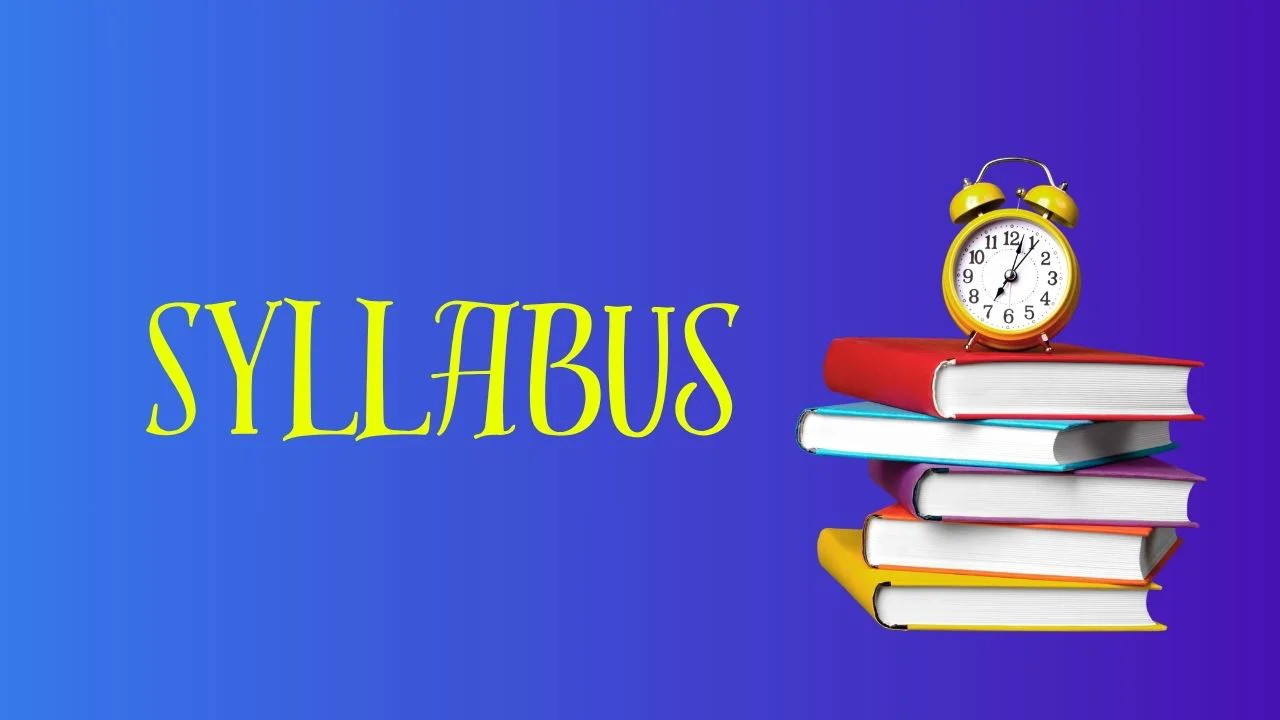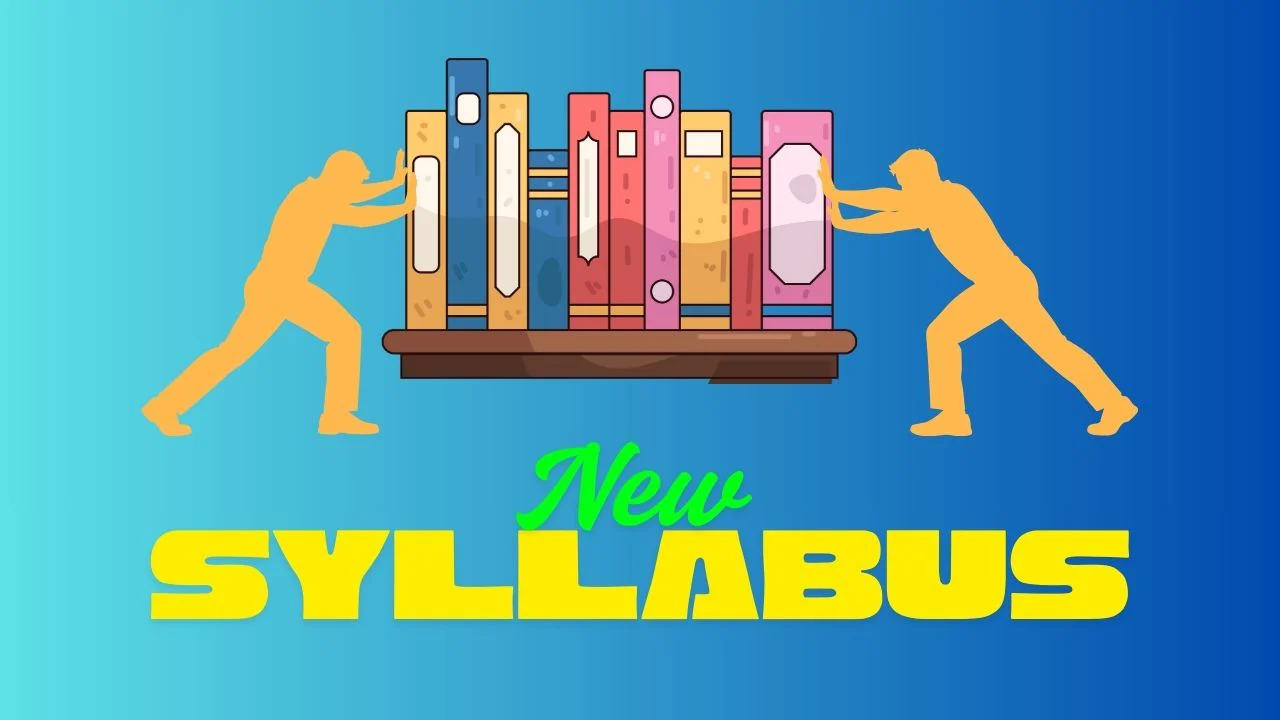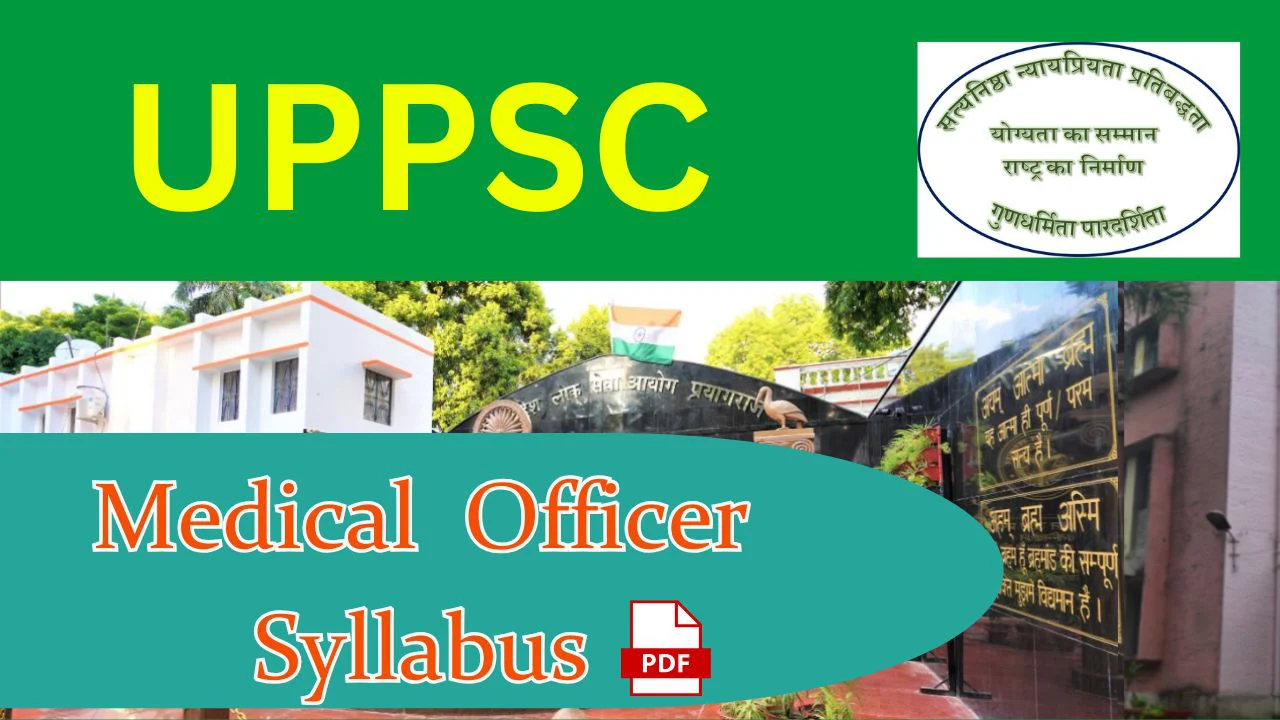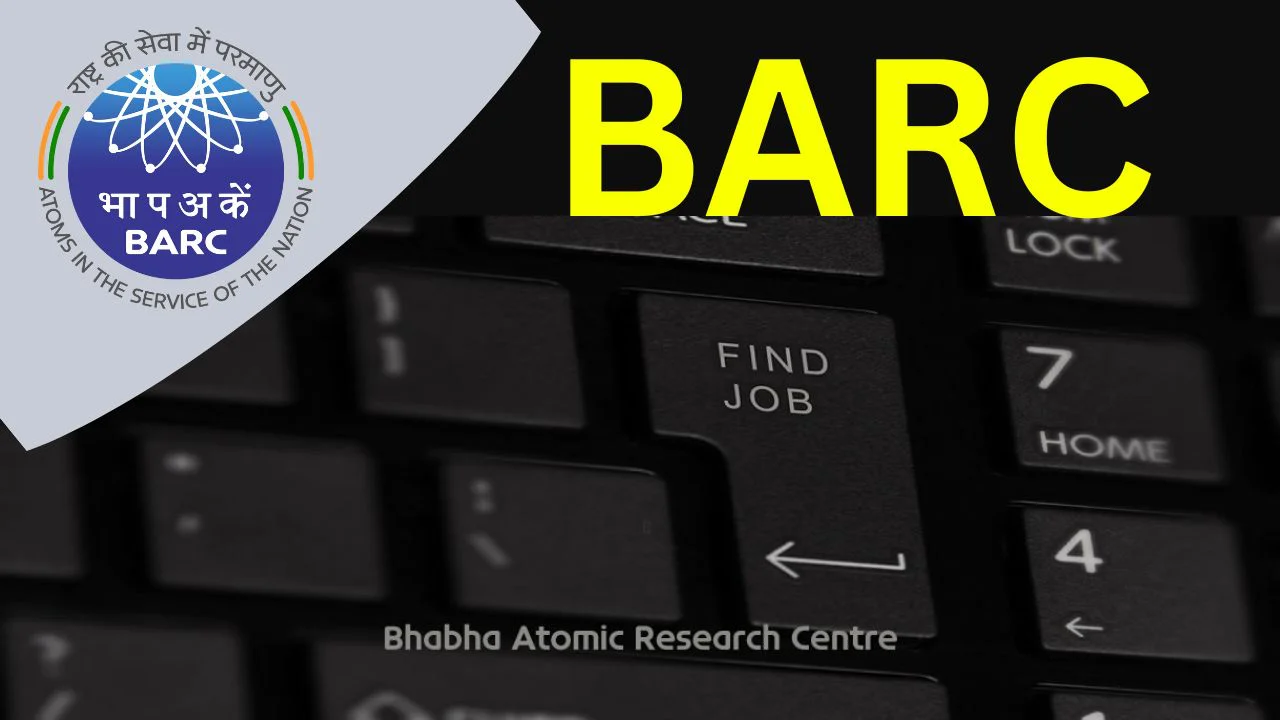The Delhi Subordinate Services Selection Board (DSSSB) has released an updated syllabus and exam pattern for Trained Graduate Teacher (TGT) Jobs. The Delhi Subordinate Services Selection Board (DSSSB) has announced a recruitment drive for 5,346 Trained Graduate Teacher (TGT) positions across various subjects in Delhi government and NDMC schools. Aspiring candidates must familiarize themselves with the updated syllabus and exam pattern to prepare effectively.
DSSSB TGT Syllabus 2025 Overview
| Organization | Delhi Subordinate Services Selection Board (DSSSB) |
| Post Name | Trained Graduate Teacher (TGT) |
| Vacancies | 5,346 (Various Subjects) |
| Application Dates | October 9 to November 7, 2025 |
| Exam Mode | Computer-Based Test (CBT) |
| Exam Type | One-Tier Examination |
| Total Marks | 200 |
| Duration | 2 Hours (120 Minutes) |
| Negative Marking | 0.25 marks for each incorrect answer |
| Official Website | dsssb.delhi.gov.in |
DSSSB TGT Selection Criteria
To be eligible for the DSSSB TGT positions, candidates must meet the following criteria:
Educational Qualification: A Bachelor’s Degree (Honours/Pass) or equivalent with the relevant subject as the main subject, along with a Degree in Education (B.Ed.).
Age Limit: Below 32 years, with relaxations as per government norms.
CTET Qualification: Candidates must have qualified the Central Teacher Eligibility Test (CTET) conducted by CBSE for the respective subject.
Language Proficiency: Working knowledge of Hindi is essential.
DSSSB TGT Exam Pattern 2025
The TGT exam consists of 200 objective questions for a total of 200 marks, divided into two sections: Section A (General aptitude and language) and Section B (Subject-specific content and pedagogy). There is a penalty of 0.25 marks for every wrong answer, so careful answering is crucial.
| Part | Subject | Question | Marks | Time |
| A | General Knowledge & Current Affairs | 20 | 20 | 02 Hours |
| Reasoning Ability | 20 | 20 | ||
| Numerical Ability & Data Interpretation | 20 | 20 | ||
| Hindi | 20 | 20 | ||
| English | 20 | 20 | ||
| B | Subject Concerned (Teaching methodology/ Post-graduation) | 100 | 100 | |
| Total | 200 | 200 | ||
DSSSB TGT Syllabus 2025 Subject-wise
Below is a detailed topic allocation for both general and subject-specific parts of the DSSSB TGT exam. Reviewing these topics boosts systematic planning and focuses your preparation
| Subject | Syllabus |
| General Knowledge & Current Affairs |
|
| Reasoning Ability |
|
| Numerical Ability & Data Interpretation |
|
| English |
|
| Subject Concerned (Teaching methodology/ Post-graduation) |
|
DSSSB TGT Mathematics Syllabus 2025
Section A
| Subject | Syllabus |
| General Awareness | Current Events, Everyday Matter observation, History, Polity, Constitution, Sports, Art & Culture, Geography, Economics, Everyday Science, Scientific Research, National/International Organizations /Institutions, etc |
| General Intelligence & Reasoning Ability | Analogies, similarities, differences, space visualization, problem-solving, analysis, judgment, decision-making, visual memory, discrimination, observation, relationship, concepts, arithmetical reasoning, verbal and figure classification, arithmetical number series, etc. |
| Arithmetical & Numerical Ability | Simplification, Decimals, Data Interpretation, Fractions, L.C.M., H.C.F., Ratio & Proportion, Percentage, Average, Profit & Loss, Discount, Simple & Compound Interest, Mensuration, Time & Work, Time & Distance, Tables & Graphs, etc. |
| English Language | Reading Comprehension, Word Power, Articles, Narrations, Prepositions, Punctuations, Comprehension, Fill in the Blanks. Adverb, Error Correction, Sentence Rearrangement, Vocabulary, Antonyms, Synonyms, Idioms, Verbs, Tenses, adjectives, modal, Voice, Subject-Verb Agreement |
| Hindi Language | भाषा, संज्ञा, सर्वनाम एवं सर्वनाम, विशेषण, क्रिया, अव्यय, वचन, लिंग, उपसर्ग एवं प्रत्यय, वाक्य निर्माण, पर्यायवाची, विपरीपार्थक, अनेकार्थक, समानार्थी शब्द, विराम चिन्हों की पहचान एवं उपयोग, मुहावरे एवं लोकोक्तियाँ, अलंकार, सन्धि, तत्सम, तद्भव, देशज एवं विदेशी शब्द, समास |
Section B: Subject Concerned
| Subject | Key Topics |
|---|---|
| Mathematics | Algebra, Geometry, Trigonometry, Calculus, Statistics |
| English | Literature (Prose & Poetry), Grammar, Composition, Pedagogy |
| Social Science | History, Geography, Political Science, Economics, Pedagogy |
| Natural Science | Physics, Chemistry, Biology, Pedagogy |
| Hindi | Literature, Grammar, Pedagogy |
| Sanskrit | Literature, Grammar, Pedagogy |
| Urdu | Literature, Grammar, Pedagogy |
| Punjabi | Literature, Grammar, Pedagogy |
Note: The syllabus for each subject is detailed and requires in-depth study. Candidates should refer to the official syllabus for comprehensive topics.
Preparation Tips
Understand the Syllabus: Thoroughly go through the official syllabus to identify key topics for each section.
Create a Study Plan: Allocate time for each subject based on your strengths and weaknesses.
Practice MCQs Regularly: Solve previous years’ question papers and take mock tests to improve speed and accuracy. Focus on accuracy due to negative marking; attempt time-bound mock tests.
Stay Updated: Read newspapers and current affairs magazines to stay informed for the General Awareness section.
Revise Frequently: Regular revision helps in retaining information and boosts confidence. And Spot patterns and priority topics.
Focus on Pedagogy: For subject-specific sections, understand the teaching methodologies and educational psychology relevant to the subject.


